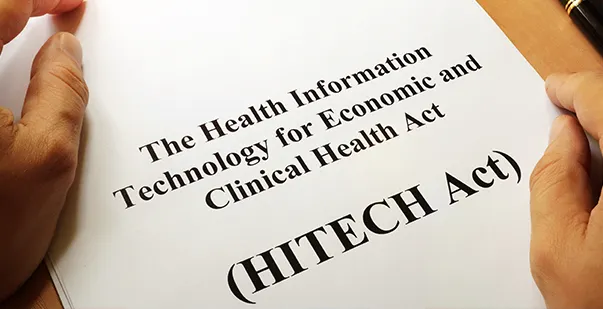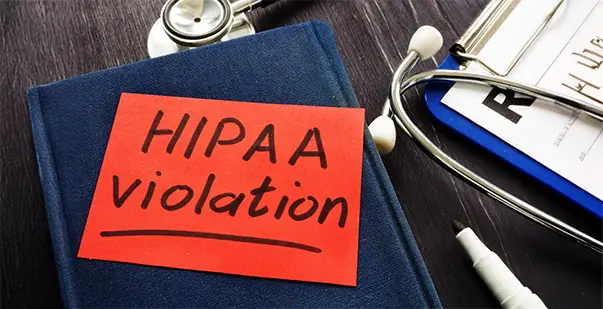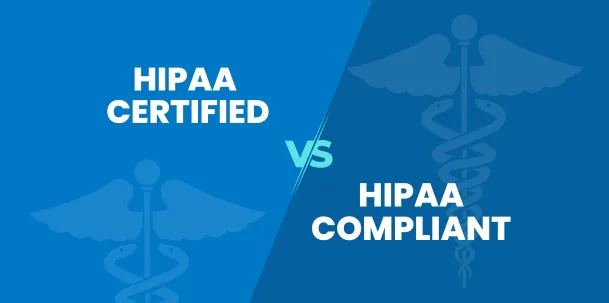All healthcare providers in the USA are required to comply with some patient data-related compliance regulations. Following these compliances is a must for all types of healthcare vendors. These regulations are designed for patient data safety and protection. They make sure that patient information is secure and kept exclusive.
Learntastic’s healthcare provider certifications cover all the associated compliances. So, when you finish the course, you are fully prepared.
Adherence to these policies builds trust and confidence within the healthcare career providers and their services. They also ensure that every sufferer acquires the utmost care possible.
Importance of maintaining compliance and security of patient data
Protecting Patient Privacy
Patients have a right to privacy to protect their personal and private information. Healthcare providers are obliged to protect their information from unauthorized entry to or disclosure. They have to take steps whenever required to protect and secure the patient or victim's data available to them to earn the trust for a long-term patient and service care provider relationship.
Preventing Identity Theft
A patient’s personal health data consists of sensitive statistics. Criminals can use it to thieve their identity. This includes data which includes SSN, contact details and ID, and medical records.
Maintaining compliance and security of patient data helps healthcare providers to:
Building Trust
Patients rely upon healthcare companies to keep their records safe and secure. Healthcare companies must take strong steps to protect the privateness and security of affected person records. It builds belief and self-belief within the healthcare system. This can lead to better relations and improved patient results.
Avoiding Financial Penalties
Healthcare providers may fail to maintain compliance and security of patient data. They may be subject to significant penalties and fines. These costs may get passed on to the patients. It leads to higher healthcare costs and reduced access to care.
Ensuring Quality Care
Accurate and secure patient data is highly essential. It provides high-quality care and improves patient outcomes. With access to this information, healthcare providers can make informed decisions about:
diagnosis
treatment
ongoing care
What are the necessary patient data compliances in the USA?
HIPAA (Health Insurance Portability and Accountability Act)
HIPAA sets the rules and standards for the privacy and security of protected health information (PHI). Healthcare providers must follow HIPAA regulations. It ensures that patient data is protected and confidential.
HITECH (Health Information Technology for Economic and Clinical Health Act)
HITECH Act provides funding for the implementation of electronic health records (EHRs). It requires healthcare providers to implement technical safeguards to protect electronic PHI (ePHI).
Read More: What is the HITECH Act?
FERPA (Family Educational Rights and Privacy Act)
FERPA is a federal law. It protects the privacy of student education records. This includes health information contained in student health records maintained by educational institutions.
PCI DSS (Payment Card Industry - Data Security Standard)
Healthcare providers who accept credit or debit card payments must comply with the PCI DSS. It protects the cardholder data.
State Laws
Healthcare providers must also comply with state laws. They provide more stringent protection than federal regulations.
Healthcare companies need to prioritize compliance and safety. They turn out to be higher equipped to offer great care with advanced knowledge on data privacy and protection. They also can construct lasting relationships with their patients.










